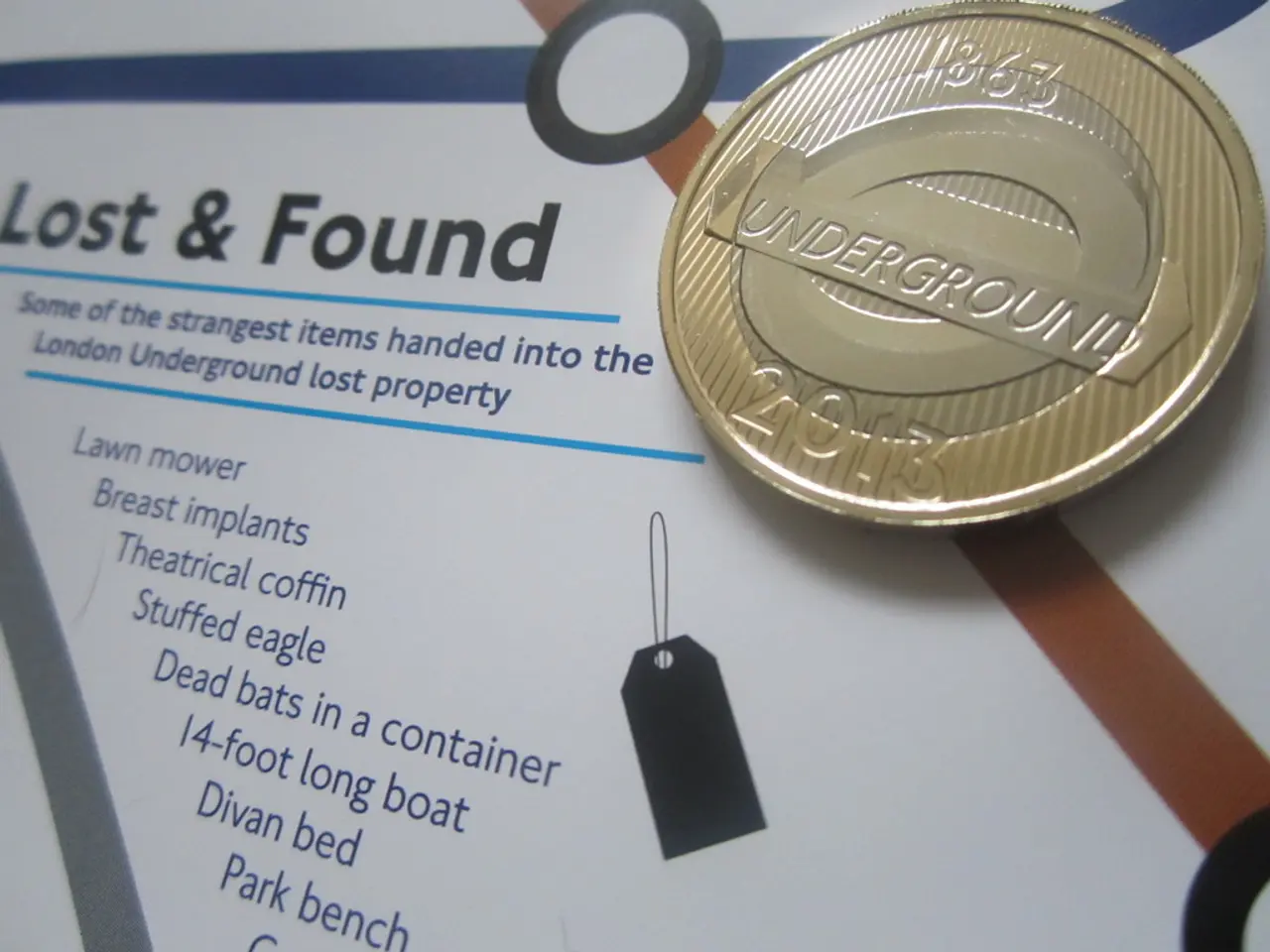Financial institutions and cryptocurrency companies should bridge their differences and collaborate, according to KPMG's report.
In the ever-evolving world of cryptocurrencies, three African countries – Nigeria, Rwanda, and South Africa – are making significant strides in regulating this digital asset class. Here's a snapshot of the current regulatory landscape in each country as of 2025.
Nigeria
Nigeria enacted the Investments and Securities Act (ISA) 2025, which legally classifies cryptocurrencies and digital assets as securities. This move places them under the authority of the Nigerian Securities and Exchange Commission (SEC). The SEC now regulates virtual asset service providers (VASPs), digital asset operators, and exchanges, requiring them to be registered and licensed.
Nigeria has become Africa’s first country to regulate stablecoins with a specific framework under ISA 2025, positioning itself as a pioneer in this area. Stablecoin issuers must comply with strict regulatory requirements, including licensing, compliance, and reserve standards. While cryptocurrencies are recognized as securities and can be used as a medium of exchange, the Central Bank of Nigeria retains authority to restrict certain bank transactions involving digital assets.
Rwanda
As of 2025, Rwanda does not appear to have a newly formalized comprehensive regulatory framework like Nigeria’s ISA 2025. However, the country has been exploring the use of blockchain and cryptocurrencies cautiously.
South Africa
South Africa's regulatory approach to cryptocurrencies has been cautious, with regulatory guidance provided through the Financial Sector Conduct Authority (FSCA) and South African Reserve Bank (SARB). Efforts to regulate crypto more formally have been ongoing, but specific 2025 changes are not cited here.
Summary
| Country | Current Crypto Regulatory Status (2025) | |---------------|---------------------------------------------------------------------------------| | Nigeria | Cryptocurrencies classified as securities under ISA 2025; SEC regulates crypto firms and stablecoins with licensing and compliance requirements; Central Bank controls bank-based transactions[1][2][3][4]. | | Rwanda | No specific updated regulations found in 2025 through search; prior cautious stance and blockchain exploration. | | South Africa | No new 2025 details in search; ongoing regulatory development with FSCA and SARB guidance, but no formal comprehensive crypto framework cited. |
For more detailed updates on Rwanda and South Africa's regulatory landscapes, additional recent local sources would be required, as the provided results focus primarily on Nigeria’s 2025 regulatory changes.
In other news, the Central Bank of Nigeria has reversed its ban on banks working with licensed crypto firms, allowing for the first time in nearly three years. Meanwhile, the South African Revenue Service (SARS) is intensifying its crackdown on tax defaulters, targeting crypto investors who failed to disclose their earnings over the past five years.
Financial institutions are also encouraged to improve their monitoring systems using blockchain technology, according to KPMG. The Big Four firm has been advocating for Nigerian financial institutions to collaborate with cryptocurrency firms and embrace blockchain technology.
- Amidst the ongoing growth of digital assets in Africa, Nigeria emerges as a leader in regulating the cryptocurrency space, positioning itself as a pioneer in stablecoin regulation.
- Recognizing cryptocurrencies as securities, the Nigerian Securities and Exchange Commission (SEC) now oversees virtual asset service providers, digital asset operators, and exchanges with licensing and compliance requirements.
- Additionally, stablecoin issuers in Nigeria must comply with strict regulatory standards, including licensing, compliance, and reserve requirements.
- However, the Central Bank of Nigeria retains some control, having the authority to restrict certain bank transactions involving digital assets.
- Rwanda, while exploring the use of blockchain and cryptocurrencies, does not yet have a comprehensive regulatory framework similar to Nigeria's ISA 2025.
- South Africa has been cautious in its approach to cryptocurrency regulation, with ongoing regulatory development guided by the Financial Sector Conduct Authority (FSCA) and South African Reserve Bank (SARB).
- As the cryptocurrency sector expands, financial institutions in Nigeria are encouraged to collaborate with cryptocurrency firms and embrace blockchain technology, according to KPMG.




